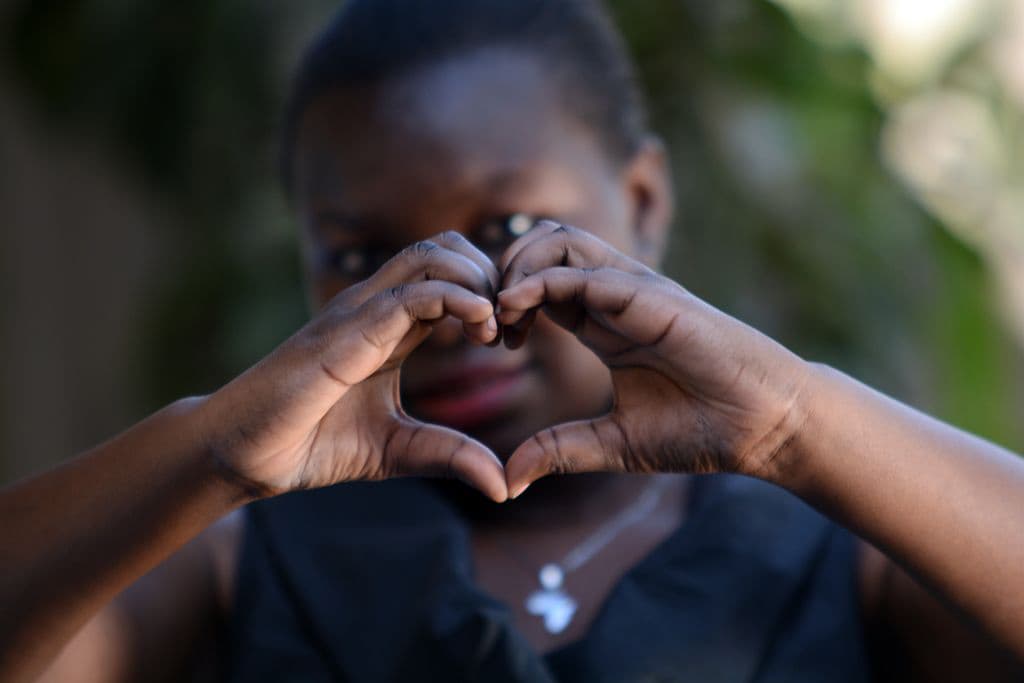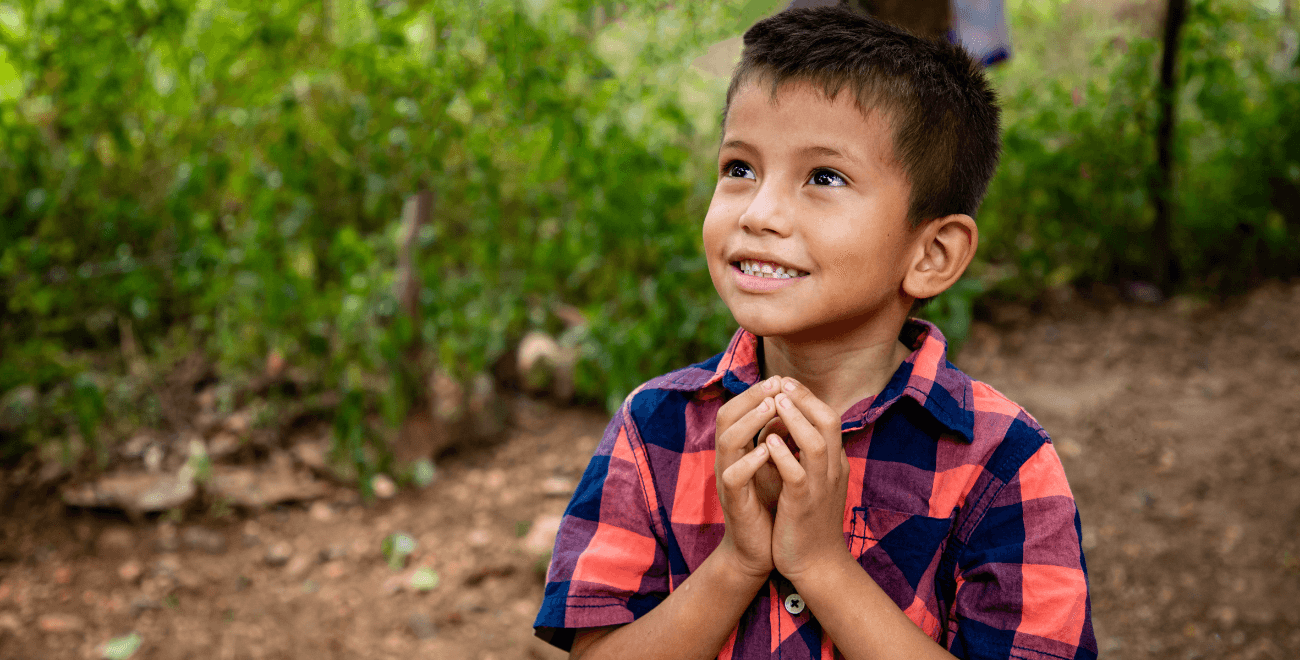Discover more

Stories of Compassion
Read the latest inspiring stories from Compassion projects around the world, Christian devotionals and more.
All Stories
Pray with us
Join thousands of people praying to end poverty, take action through our appeals and activities, and be inspired by how God is changing lives.
Get a little Compassion in your inbox with our Prayer and Stories email.
Remember, you can unsubscribe at any time. Please see our Privacy Policy for more information.
